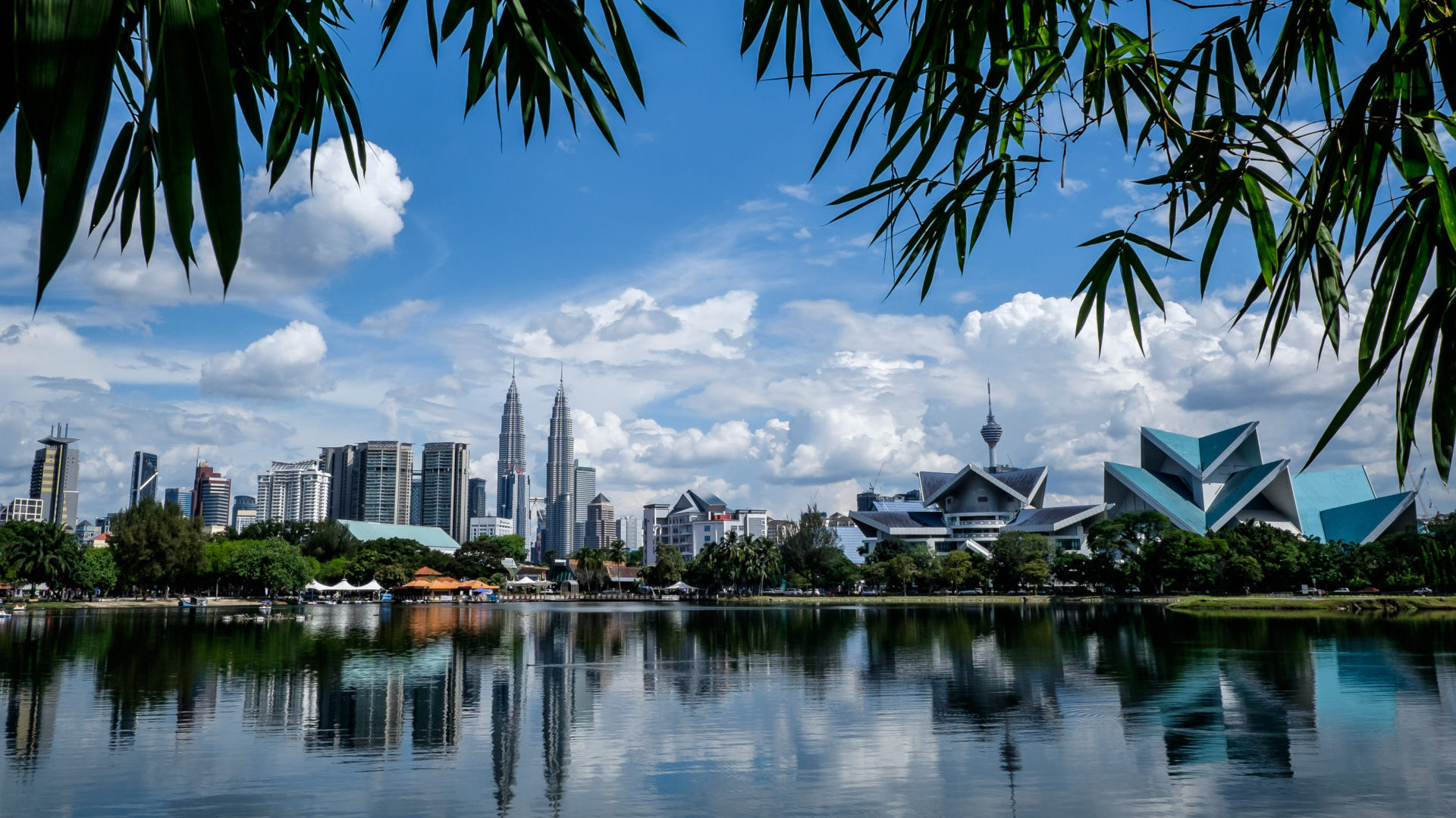
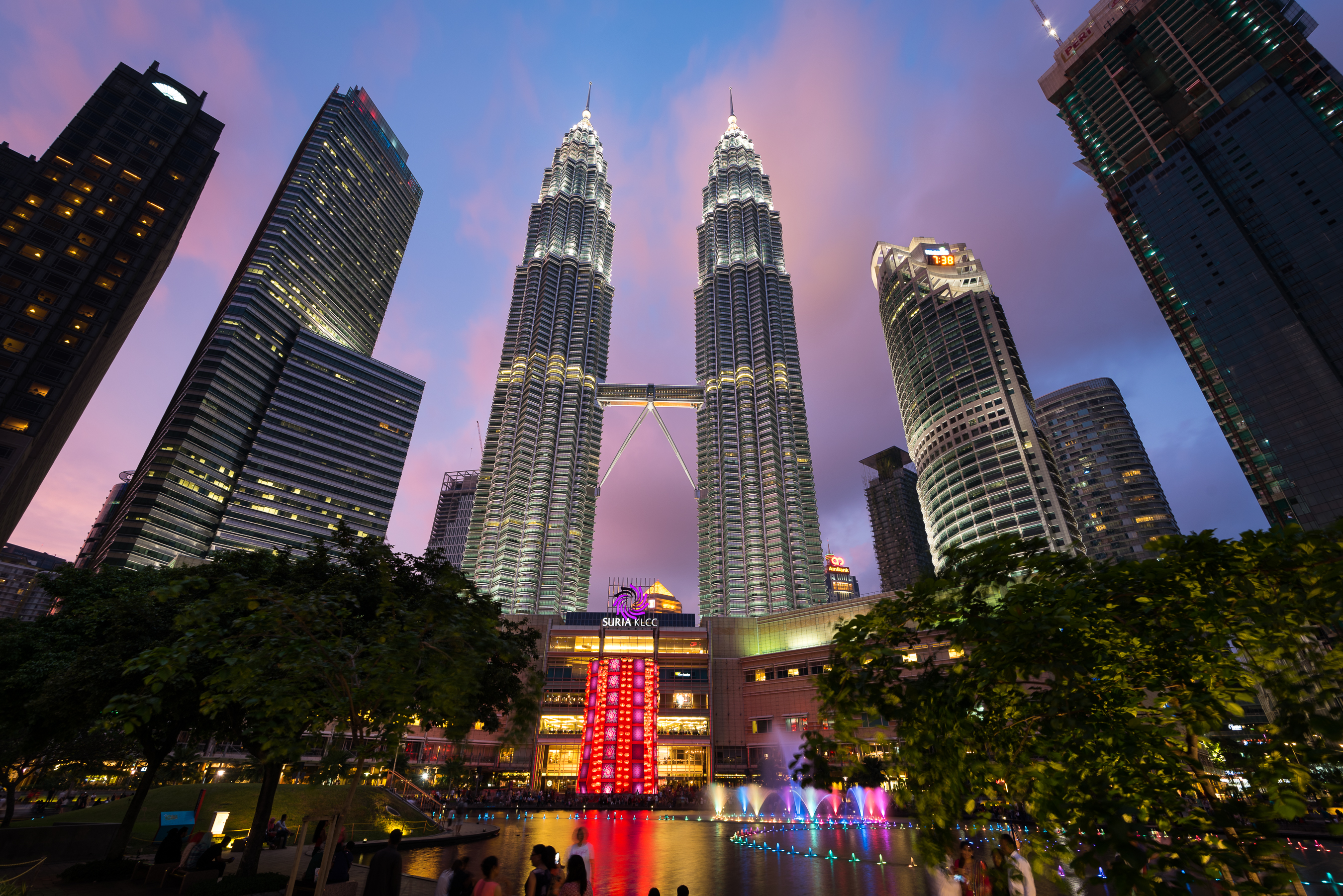
Kuala Lumpur may not boast of the booming population of other global cities, but the two million people who live here in the capital of Malaysia make this metropolis a vibrant, multicultural melting pot.
Three major ethnic groups compose Kuala Lumpur’s population: Malay, Chinese, and Indians. The customs, religions, and even unique culinary delicacies of these peoples fuse into the fabric of the megacity, making it a beautiful blend of cultures. Modernism meets historicism in Kuala Lumpur, with progress pulling the city forward and history grounding the city in tradition. Vestiges of the British colonial era claim their time-worn places in the skyline and the roadways and, in certain places, contrast with the modern skyline.
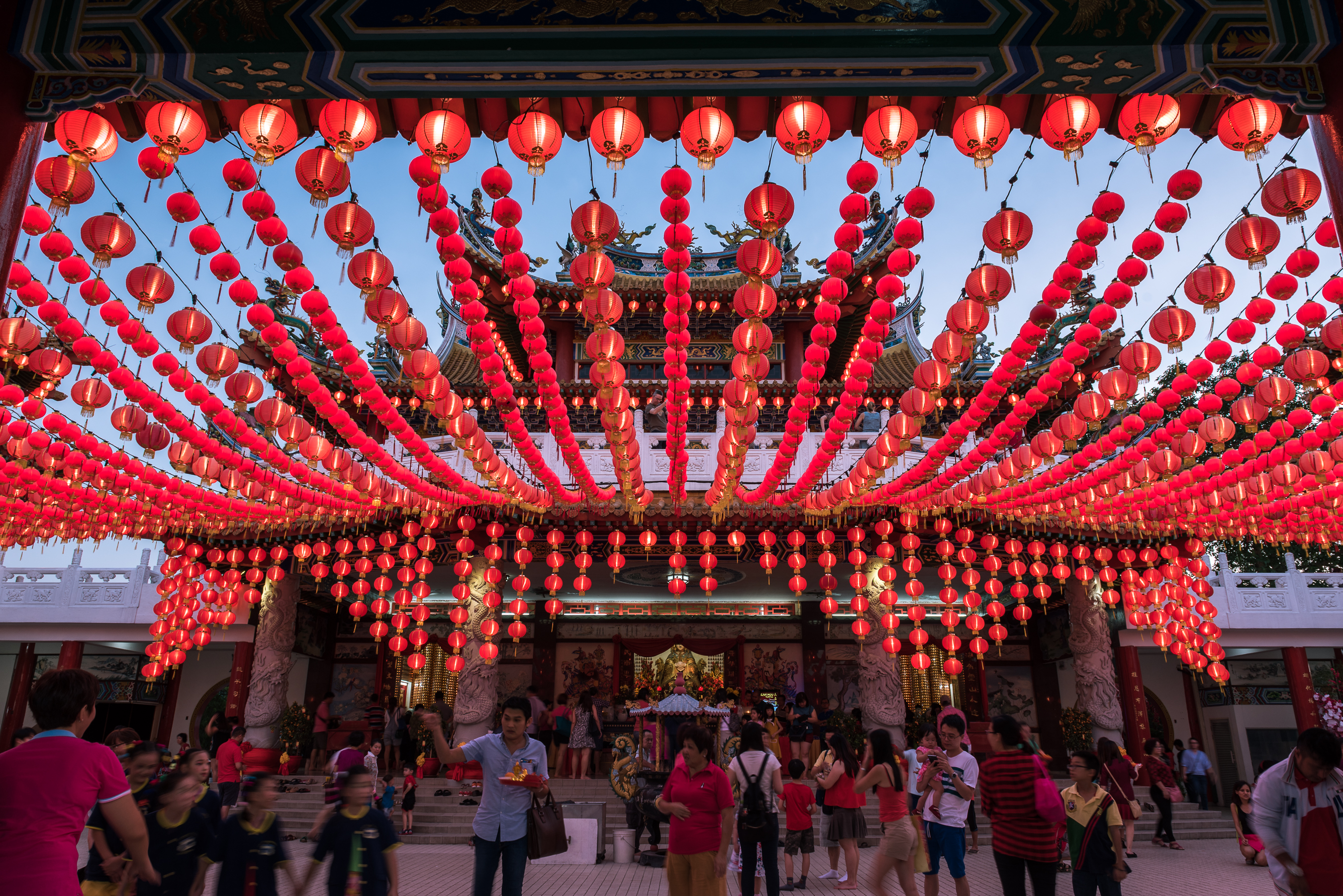
During the day, incense wafts in the muggy air of Malaysian Chinese temples. At night, red lanterns electrify the night sky. The majority of Malaysian Chinese are Buddhists, who hold tightly to beliefs and traditions their ancestors brought southward during their immigration from China generations ago.
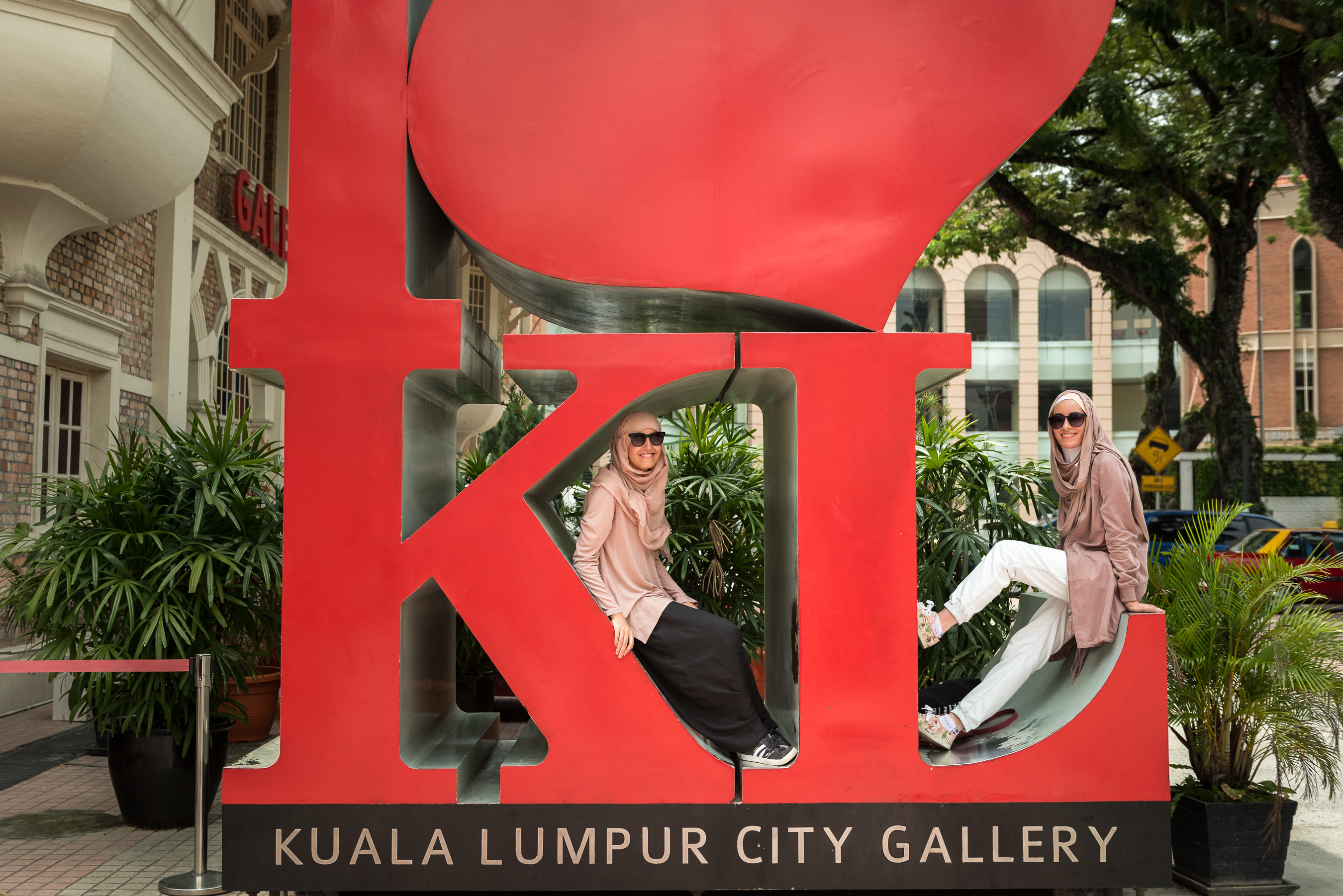
Tourism in Kuala Lumpur is a booming enterprise, with visitors coming from neighboring Indonesia or nations with historical colonial ties like the Netherlands and the United Kingdom. English is widely spoken, adding to the city’s value as an attractive vacation destination. For many, a country with three diverse ethnic groups living peaceably together is an exciting draw as well.
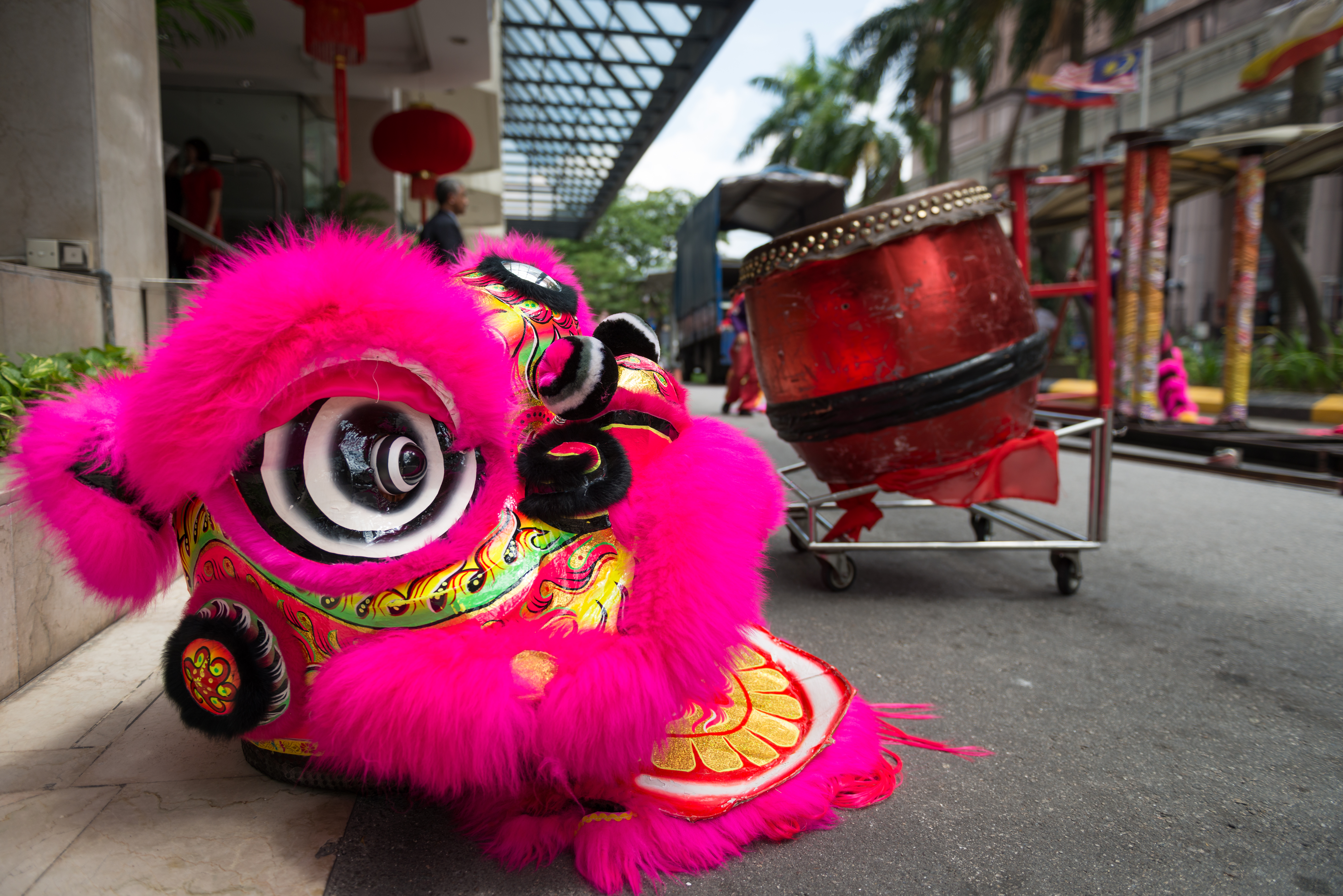 On a regular basis, and especially during Chinese holidays like the Lunar New Year, Chinese dragon and lion dancers make their rhythmic journey throughout the streets of Kuala Lumpur. Advocates of the tradition are calling for it to become a national sport.
On a regular basis, and especially during Chinese holidays like the Lunar New Year, Chinese dragon and lion dancers make their rhythmic journey throughout the streets of Kuala Lumpur. Advocates of the tradition are calling for it to become a national sport.
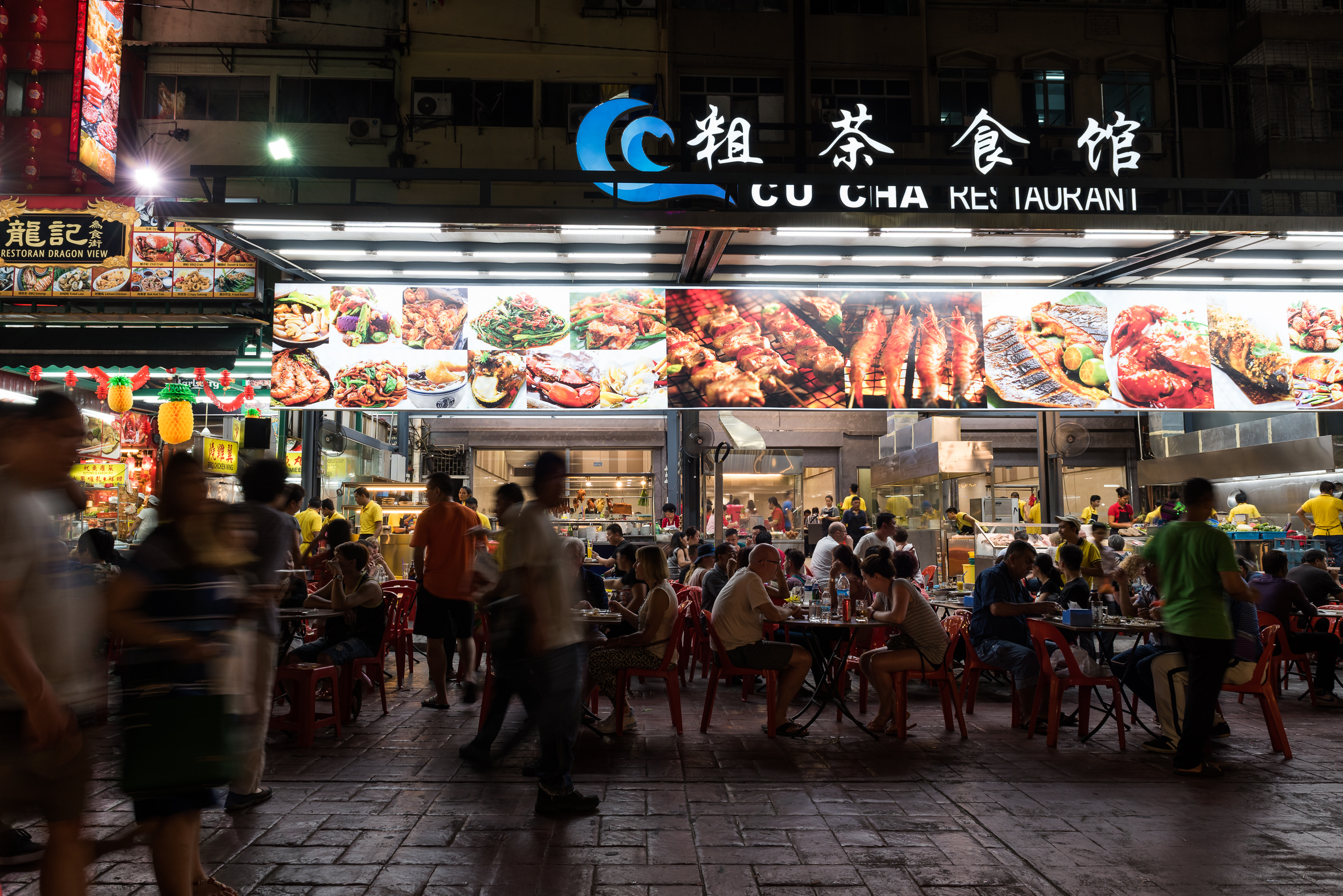
Kuala Lumpur comes alive at night, and not just in front of the fountains of the Petronas Towers. The megacity is well known for its night markets, which offer a dizzying array of cuisines enjoyed on-the-go or on street-side tables.
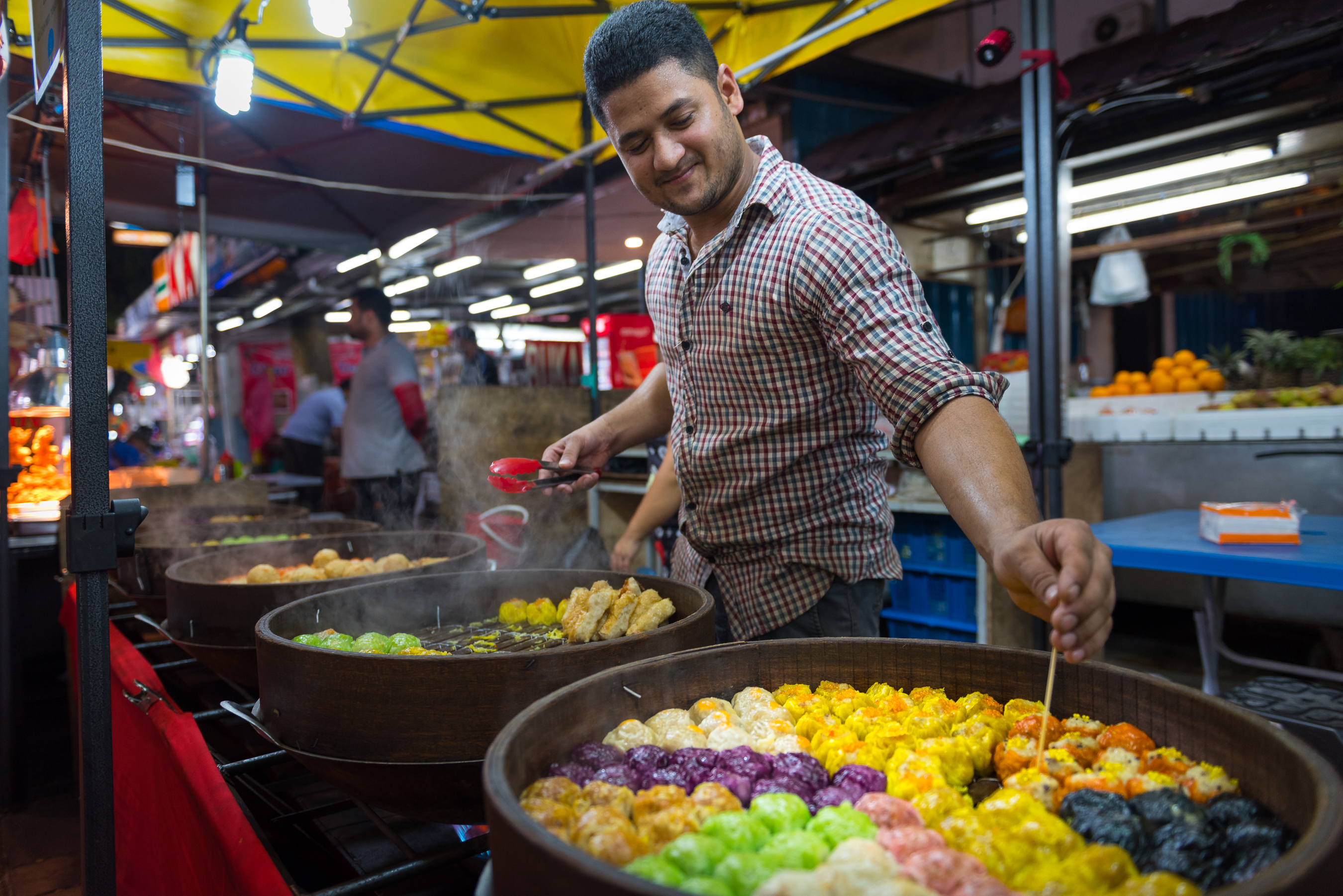
Street vendors in Kuala Lumpur diligently prepare steaming dim sum, a Chinese dumpling originally concocted in Hong Kong and Guangdong province in China, and other exotic culinary delights. Chinese Malaysians likely brought this particular cuisine with them when they immigrated to the country in the nineteenth century.
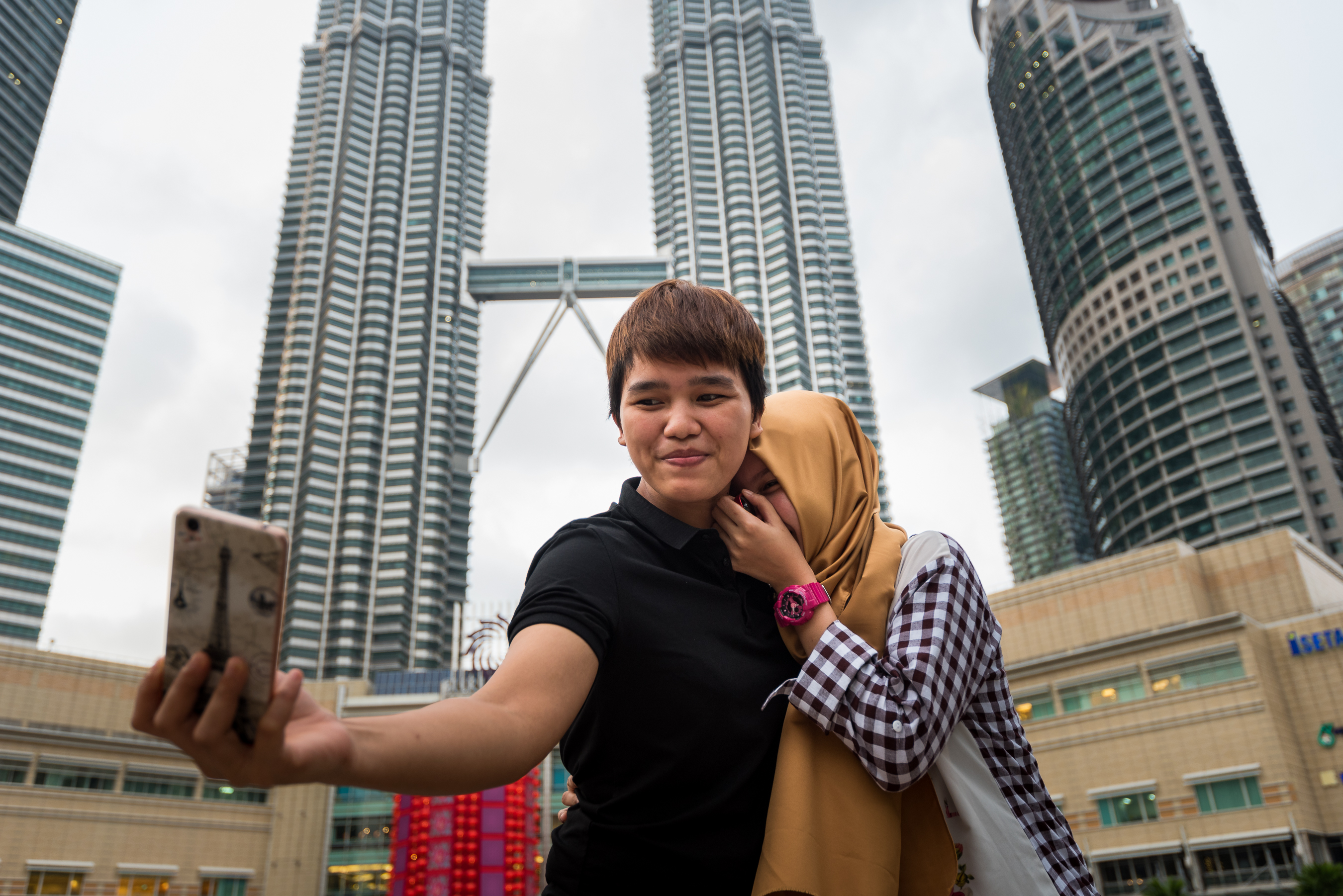
Many millennials, often influenced by media and Western ideologies, are stepping away from the conservatism of their parents’ and grandparents’ generations. The dichotomy between traditional and expanding worldviews is currently unfolding.
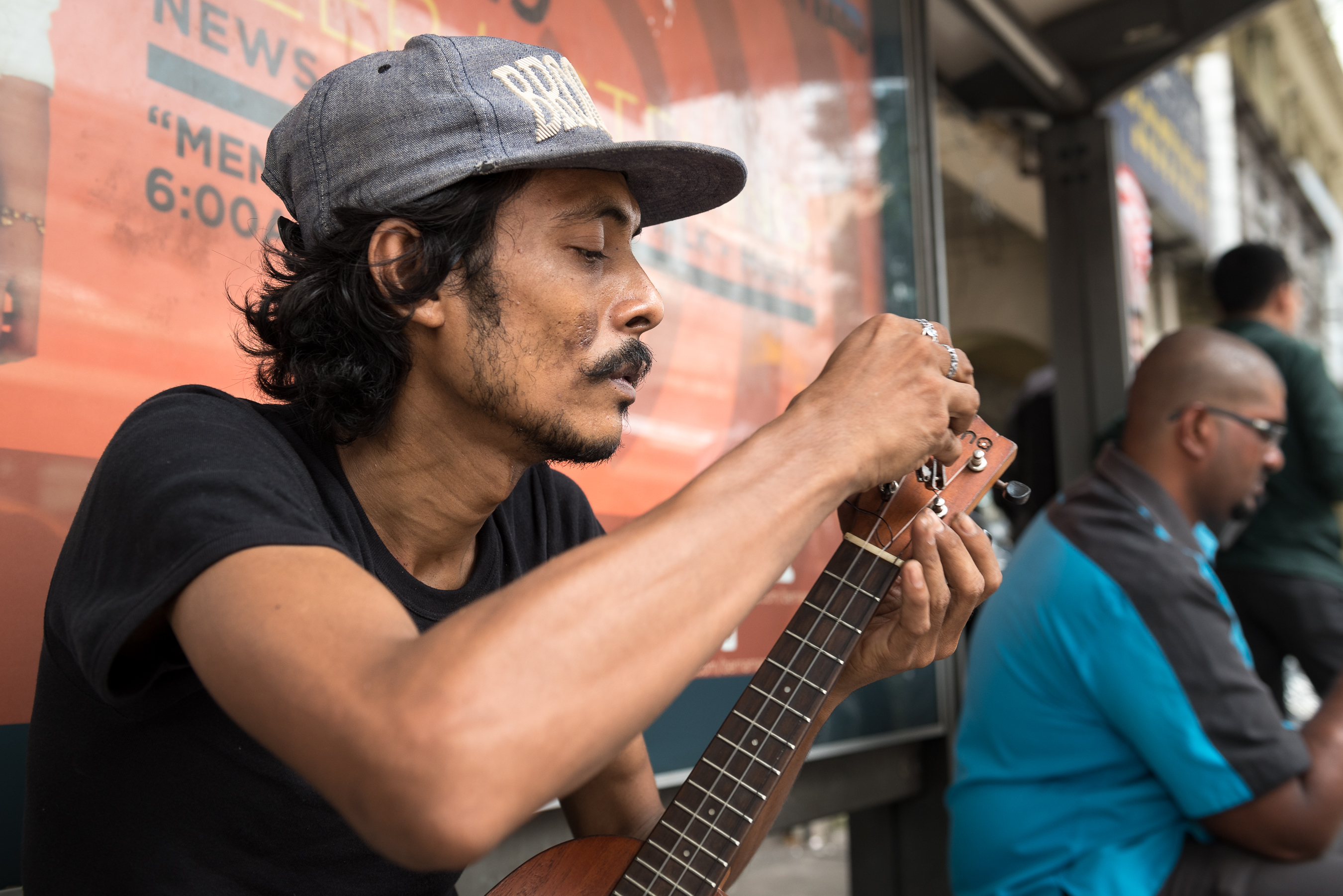
As is common in global megacities, street performers and musicians rely on the good graces of tourists and locals to make their living. Street performers can often be found along Bukit Bintang, a major thoroughfare of markets, malls, and entertainment venues.
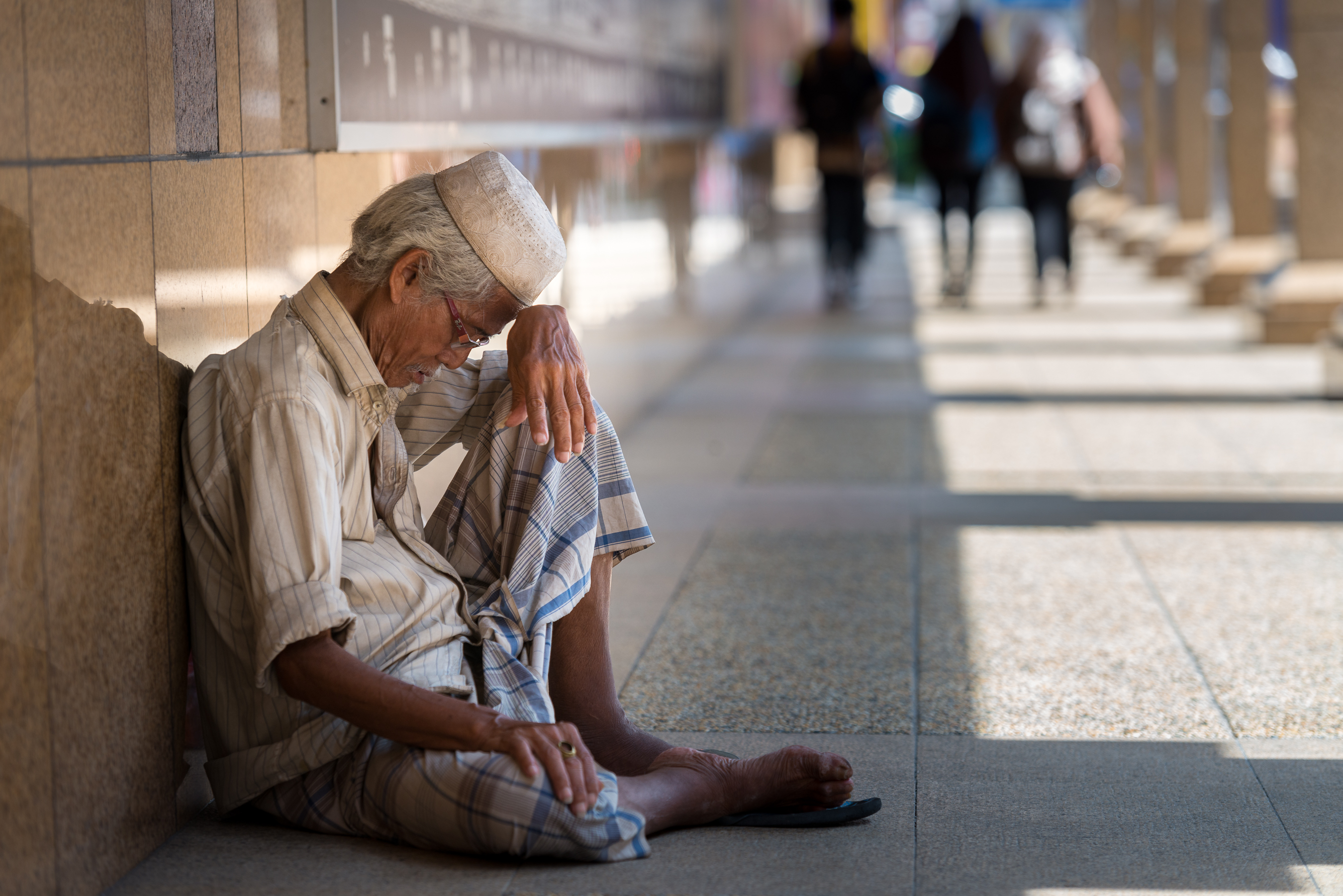
Kuala Lumpur is rising on the global scene for its modernism, wealth, and development, yet poverty remains visible alongside the abundance and opulence. The poor often feel marginalized and left behind in the wake of their city’s booming economy.
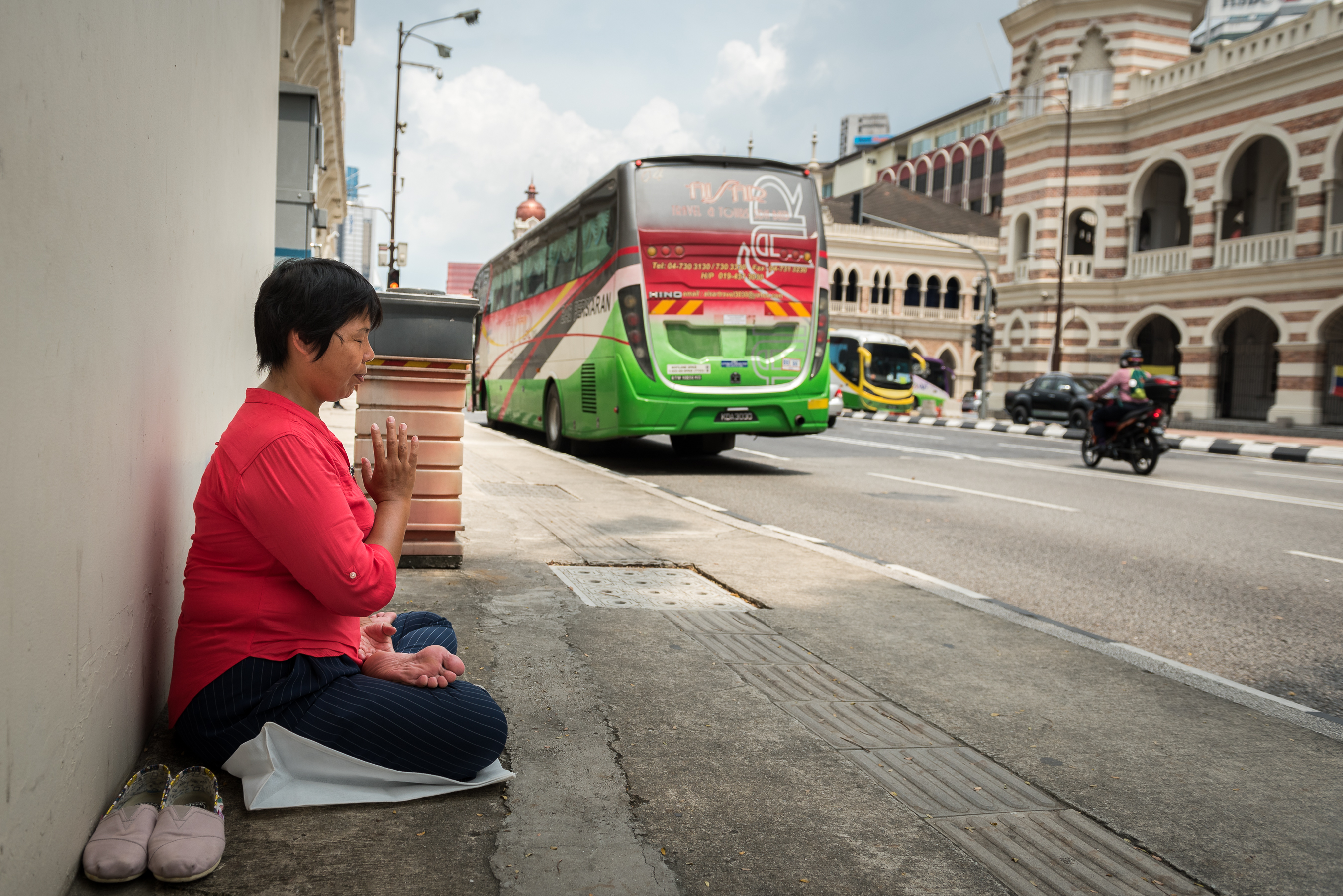
Followers of Falun Gong are highly persecuted in China and find a somewhat peaceful respite to practice their beliefs in Kuala Lumpur. Along city thoroughfares, adherents of the religion practice meditation in the midst of the cacophony of car horns, bicycle bells, and motorcycles revving their engines.
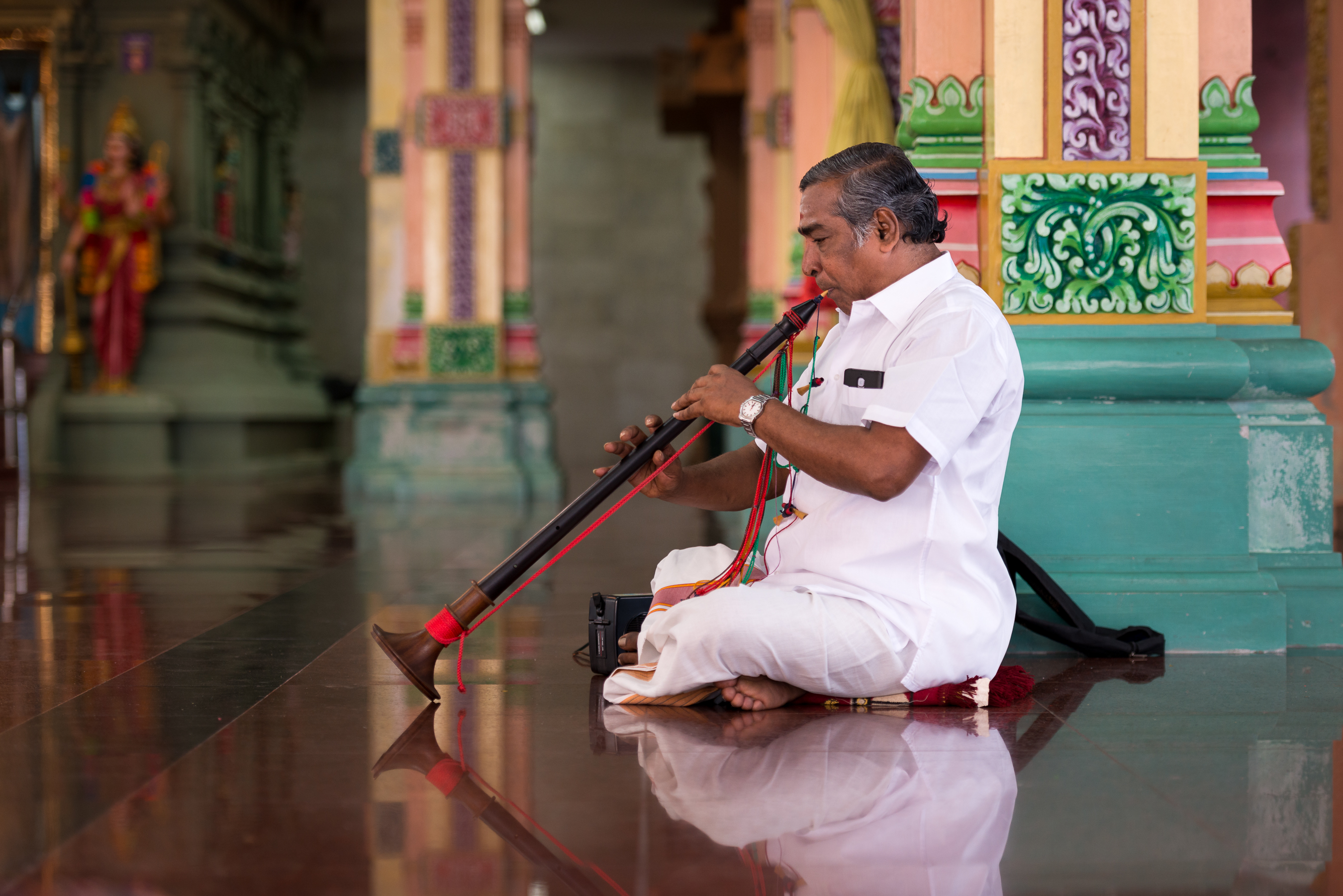
Hindu temples welcome worshipers seeking to offer puja, or worship. In the Sri Mahamariamman Temple, musicians play Hindu mantras on instruments such as a shehnai, an instrument similar to an oboe.
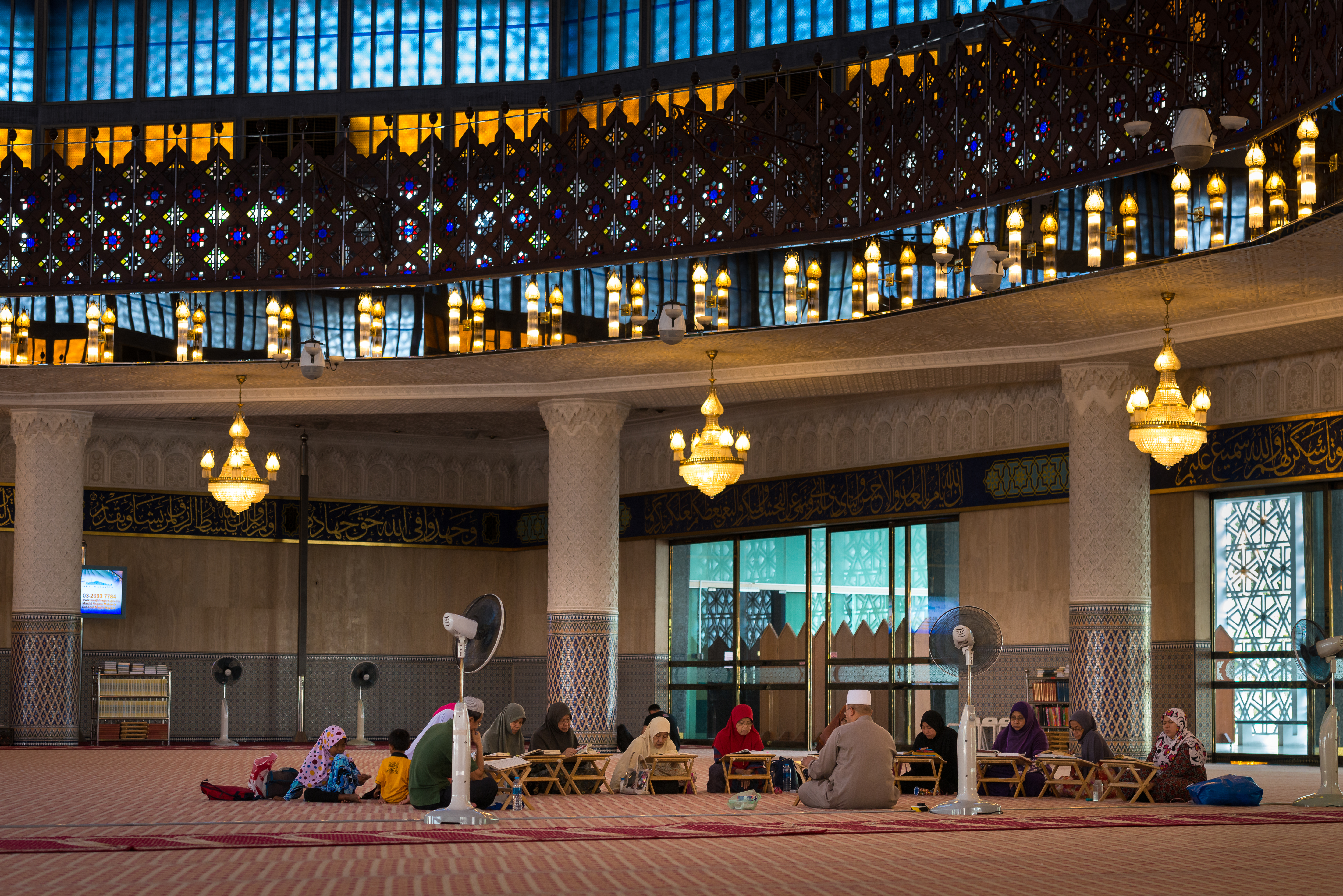 Islam is the official religion of Malaysia and is practiced by 61 percent of the population. The call to prayer rings out from mosques in Kuala Lumpur, drawing attention away from current pop songs broadcasting from shops and public transportation.
Islam is the official religion of Malaysia and is practiced by 61 percent of the population. The call to prayer rings out from mosques in Kuala Lumpur, drawing attention away from current pop songs broadcasting from shops and public transportation.
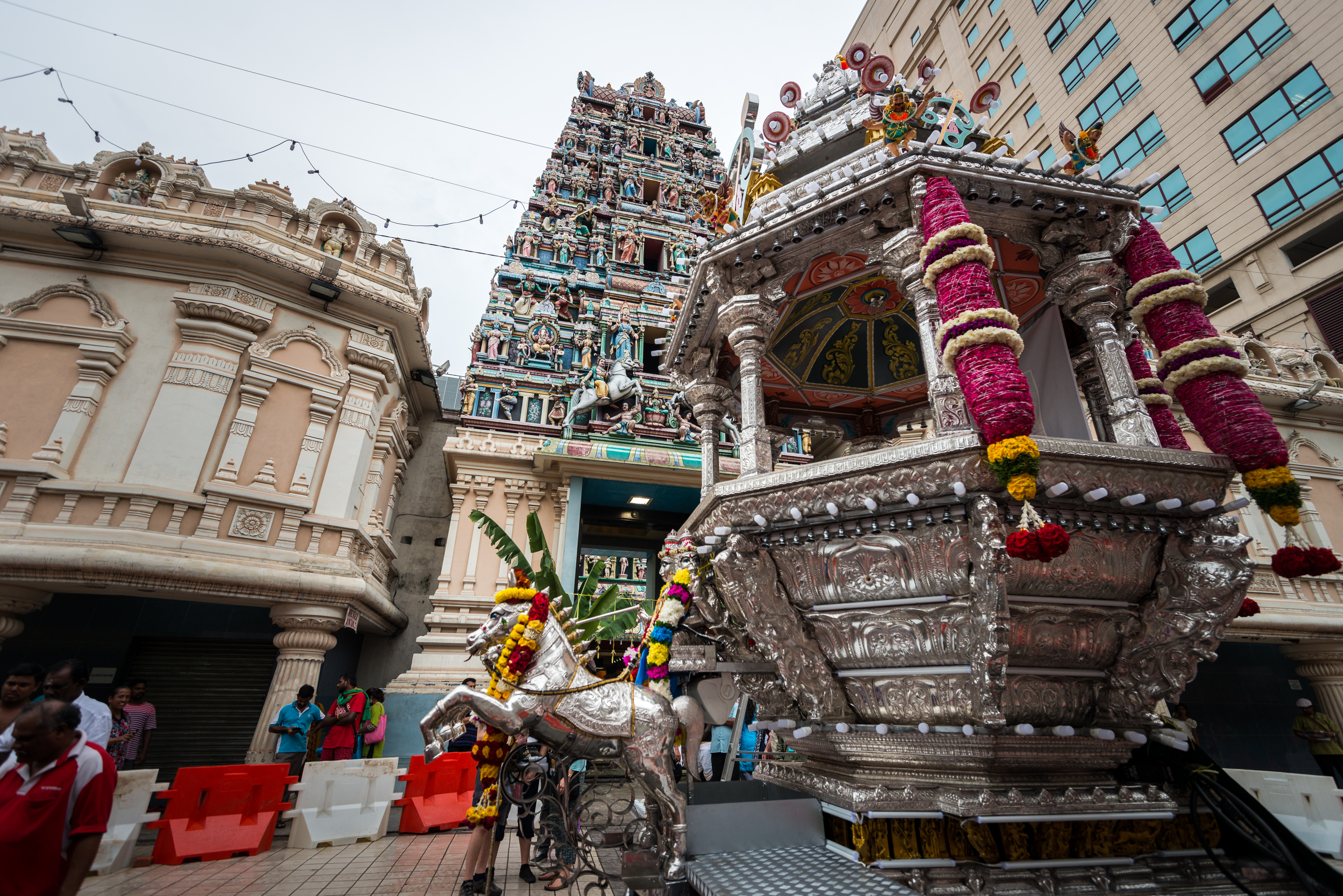 Religion isn’t relegated to the interiors of temples and mosques. Faith can be a very public display in this megacity. One example is the Hindu festival of Thaipusam, which involves a processional and pilgrimage from Sri Mahamariamman Temple inside the city, to the outlying Batu Caves.
Religion isn’t relegated to the interiors of temples and mosques. Faith can be a very public display in this megacity. One example is the Hindu festival of Thaipusam, which involves a processional and pilgrimage from Sri Mahamariamman Temple inside the city, to the outlying Batu Caves.
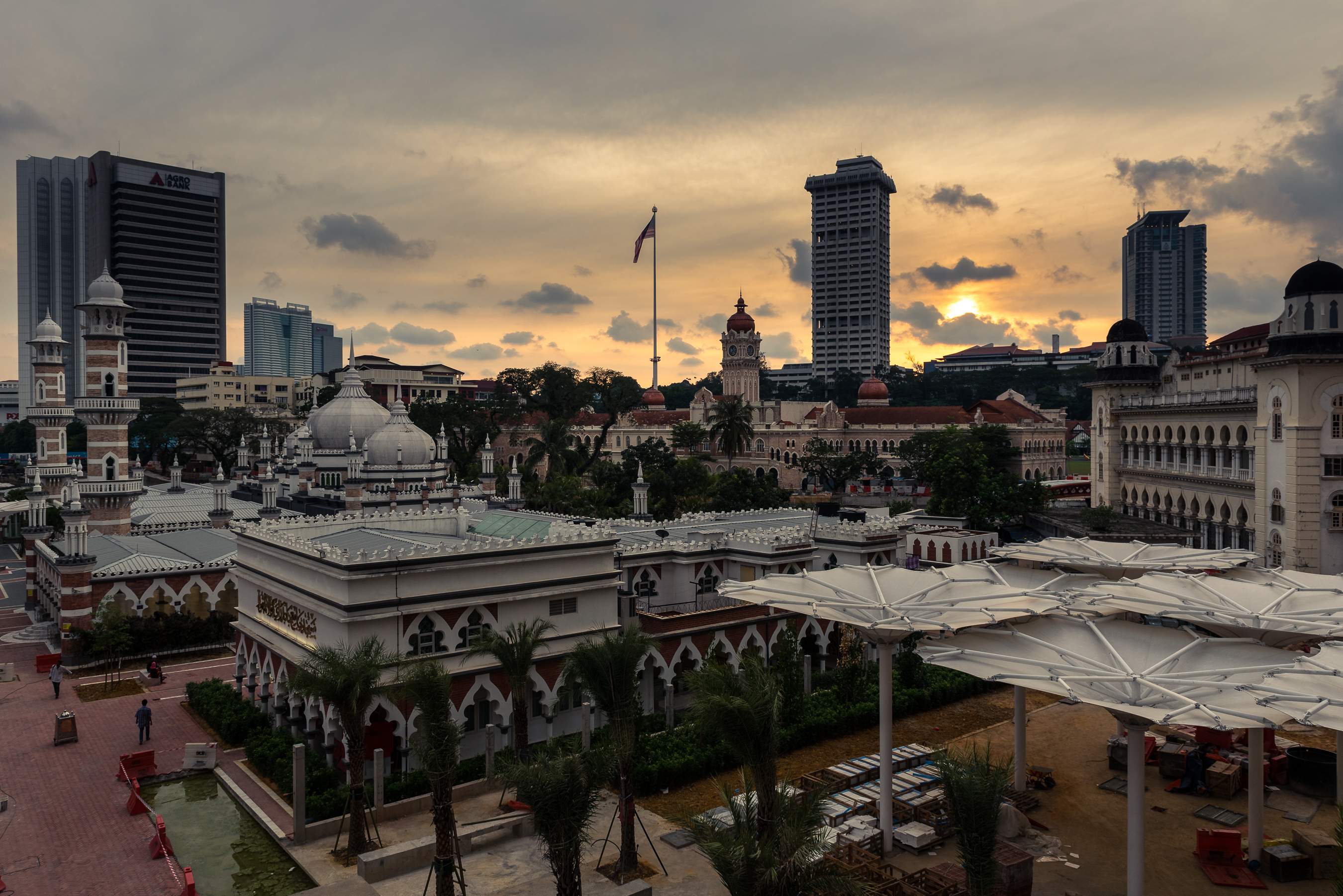
Dawn is coming for the gospel in Kuala Lumpur. Just as the sun rises over the mosques and Hindu and Buddhist temples, it also shines light on yet another chance for Christians to make the gospel known in the sprawling metropolis. Opportunities to engage the city have never been greater.
Kuala Lumpur’s magnetism as a hub and gateway to Asia draws expatriates of all nations who come to work, teach, and serve. Students, business professionals, and teachers are sharing their faith in the city, and you can too. Start exploring ways you may be able to work and serve, and learn more about Kuala Lumpur. Maybe the Lord is leading you to bring the gospel to this city.

